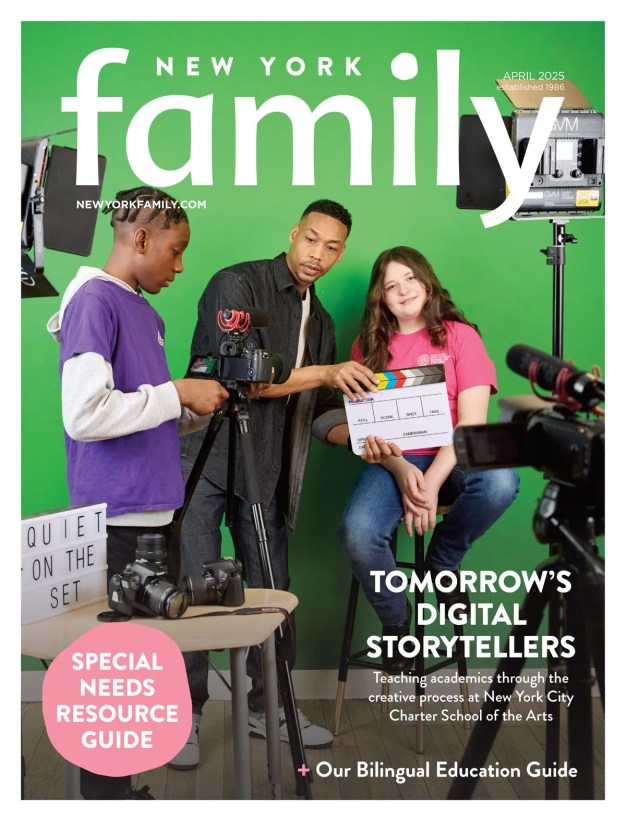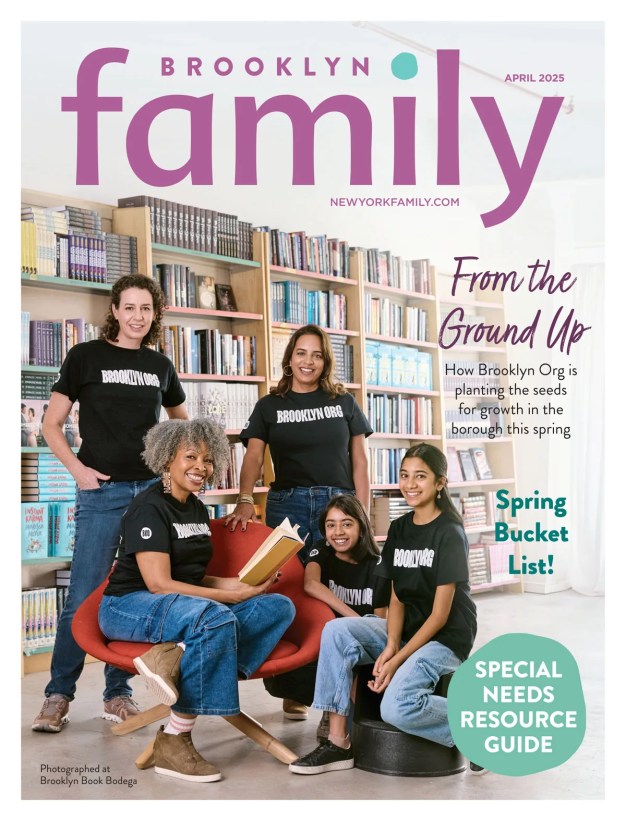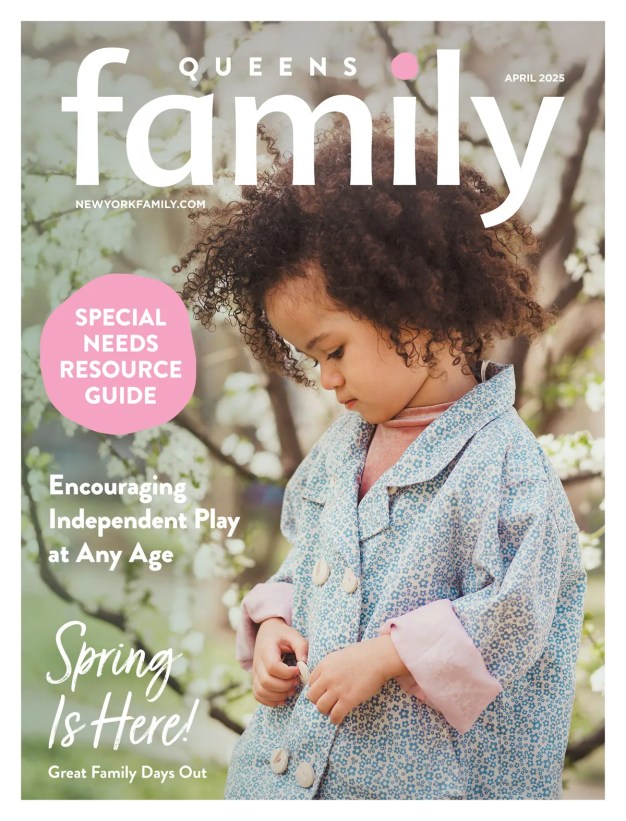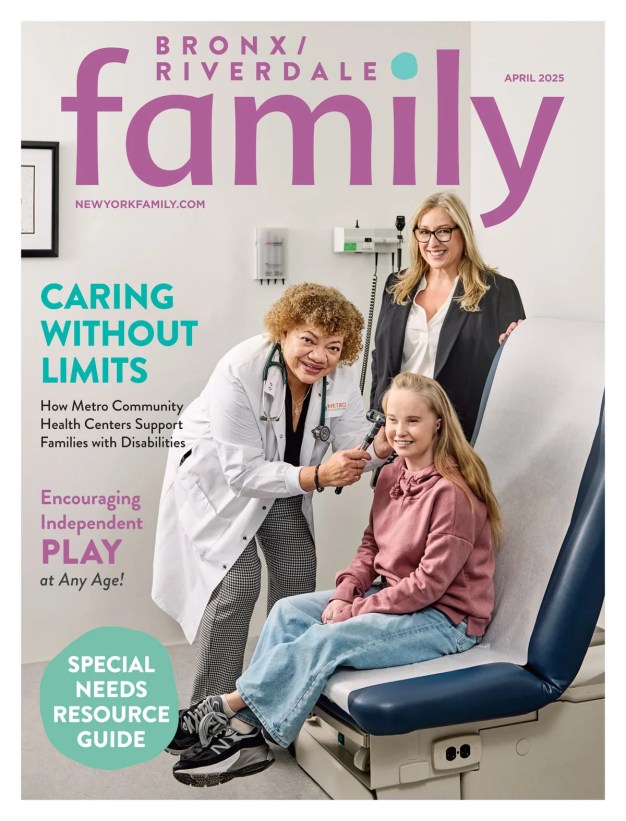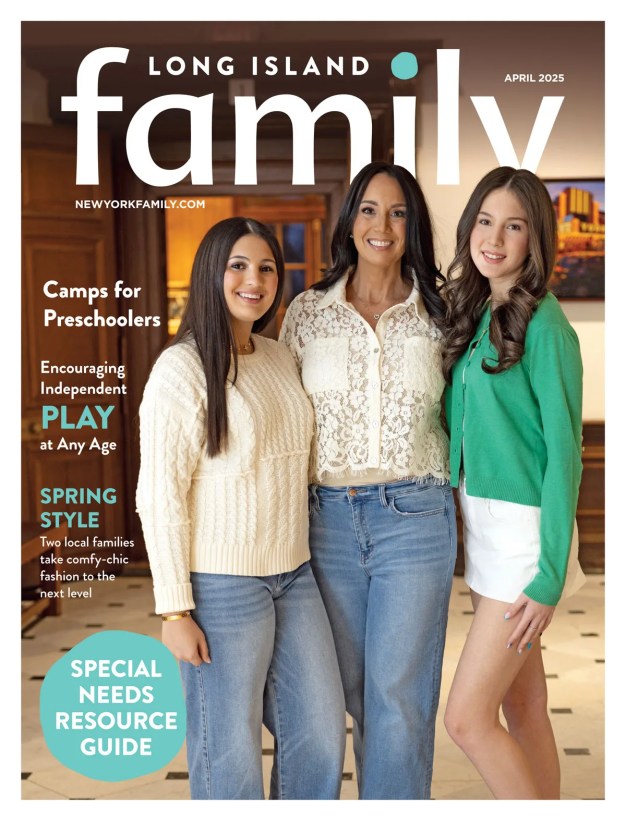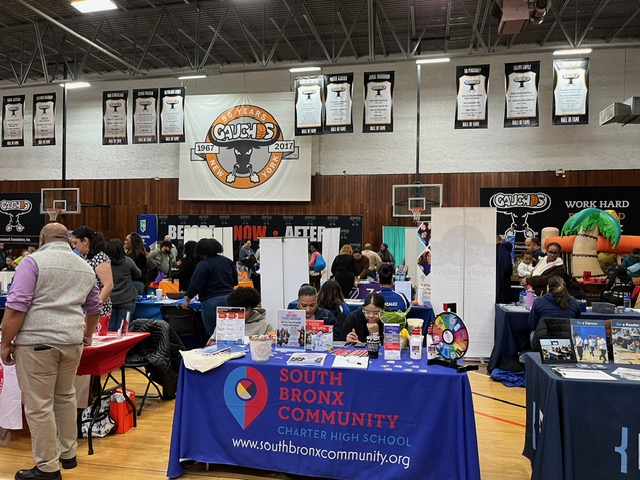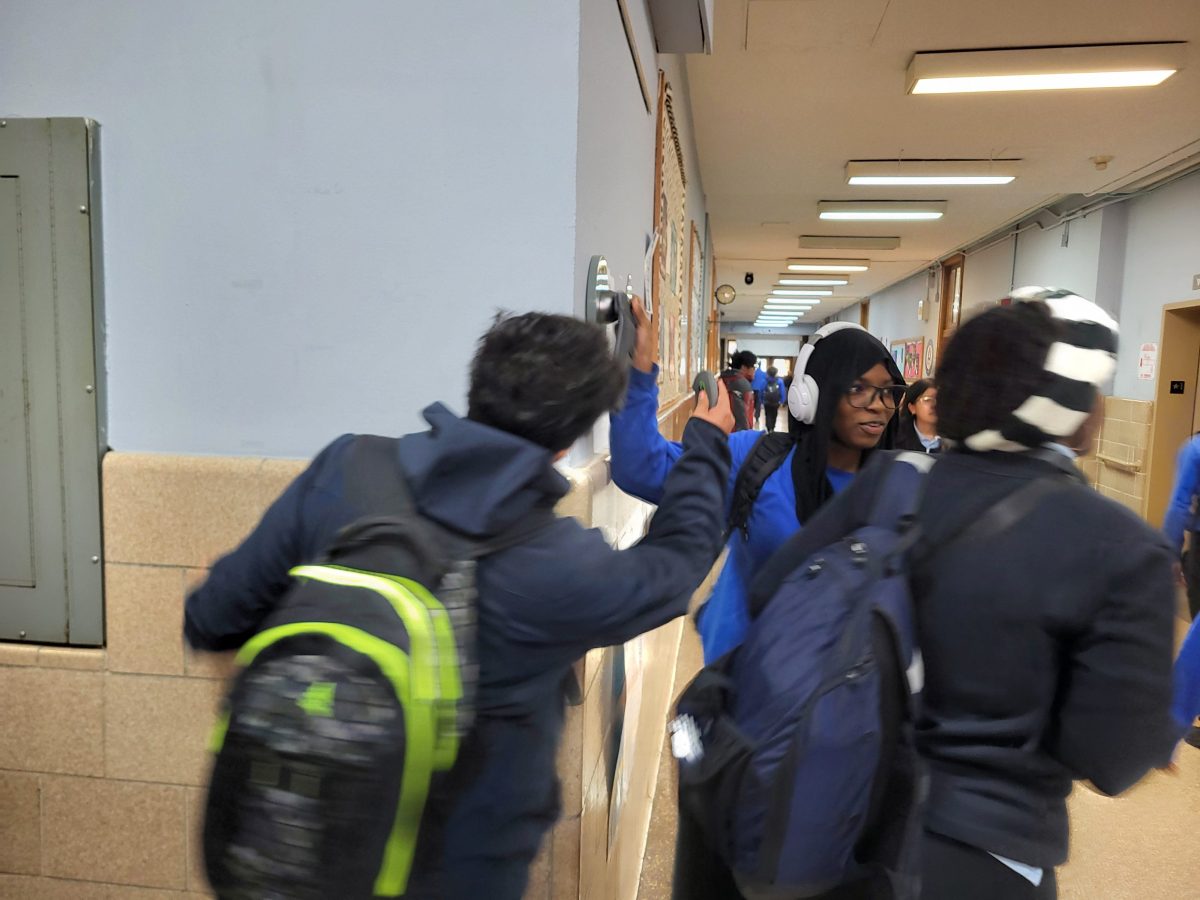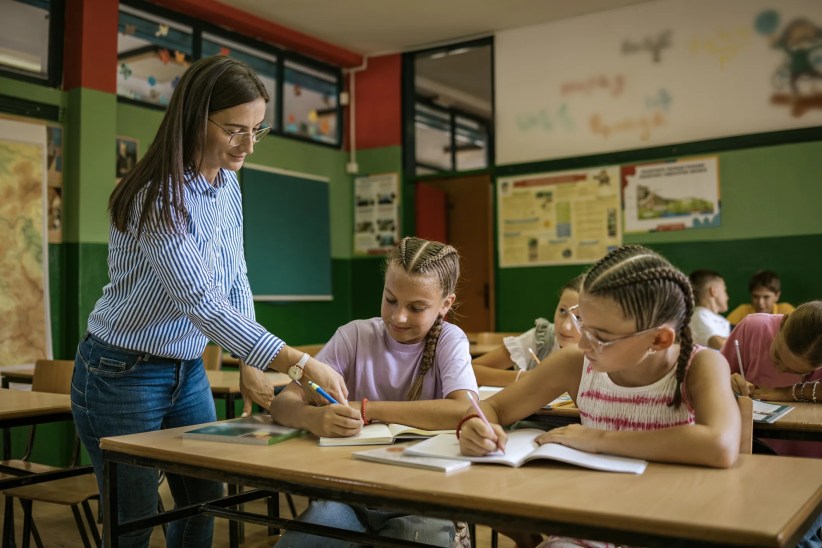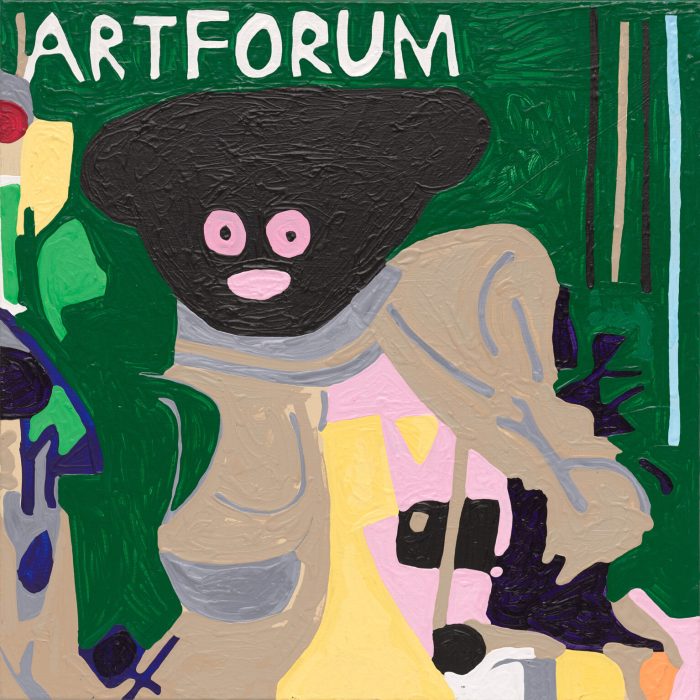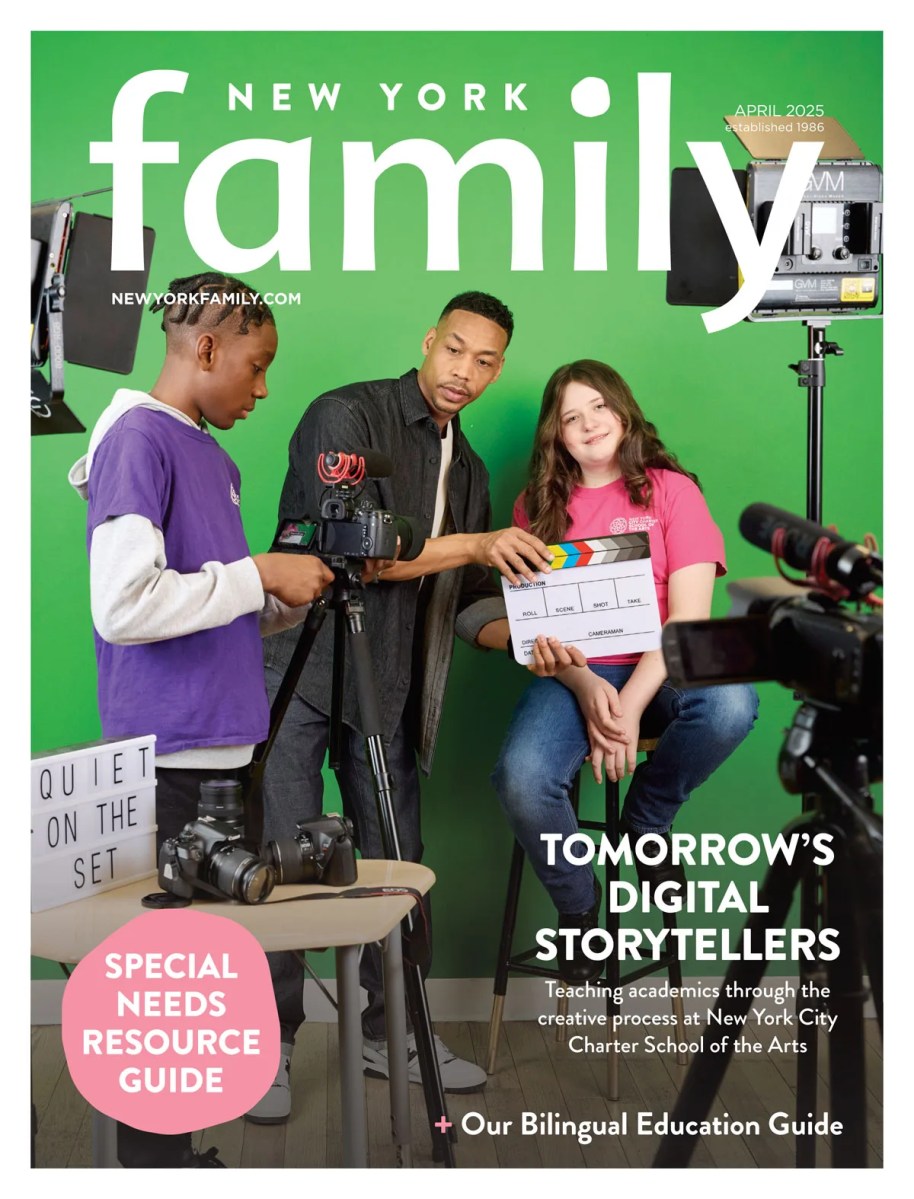The hippies were all about peace and love. And we can sure use some more of that these days. Kindness, too.
Philanthropist and “kindness advocate” Marie Unanue wholeheartedly agrees. She recently debuted her first kids’ book series, “The Adventures of Phatty and Payaso” (iUniverse), featuring a main character and hero, Max, who is a child on the autism spectrum.
In the book, which is illustrated by Edgardos Miranda-Rodriguez, an overweight tabby cat, Phatty, is best buds with Payaso, an American bobtail feline. When Phatty realizes a large hawk has plans to rob his home, he ventures into Central Park in search of the zookeeper to help him capture that feathered villain. Shortly after this daring cat leaves the safety of his cozy apartment, his worried friends head out to the park to look for him.
Readers of all ages can truly enjoy this fun, whimsical story, but the author feels it provides parents and educators with an opportunity to reinforce the concept of treating others respectfully, and to model vital character traits children need to develop so they can live more balanced lives.
“It focuses on helping kids find their own strengths and building on that,” Unanue explains. “Those parents that have read the book, or know what I have tried to do with this story, have felt the excitement and are hopeful that this will be the beginning of many stories where a child with special needs not only saves the day but is included and embraced by the other characters.”
These skills, Unanue says, are being studied by Character Lab, a nonprofit organization founded in 2013 by Angela Duckworth, author of “Grit: The Power of Passion and Perseverance,” Dave Levin, and Dominic Randolph. These researchers found that children today are having difficulty developing several of these skills.
“They have discovered that character strengths are malleable, and surprisingly little is known about how they can be intentionally cultivated,” she explains. “Chara
These skills are:
Curiosity: Taking an interest in an ongoing experience for its own sake; finding subjects and topics fascinating; and exploring and discovering.
Gratitude: Being aware of and thankful for the good things that happen and taking time to express thanks.
Grit: Finishing what one starts and persisting in a course of action in spite of obstacles.
Self-control: Regulating what one feels and does in the service of goals and standards; being disciplined; and controlling one’s emotions.
Social intelligence: Being aware of the motives and feelings of other people, and oneself.
Zest: Approaching life with excitement and energy; not doing things halfway or halfheartedly; living life as an adventure; and feeling alive and activated.
Unanue has also launched a campaign to help youngsters and families incorporate more kindness into their lives through her #LetsAllBeKind challenge. She visits schools and supports literacy initiatives all over the country with donations of books and curriculum materials, while partnering with organizations that support the welfare of families by donating profits from her books.
“We wanted to come up with a fun way for kids to get involved and came up with the ‘Kindness Challenge,’ where kids can be a kindness ‘advoCATe’ in conjunction with the book,” says Unanue. “I’m trying to encourage the use of social media for a positive message with hashtags such as #BeAKindnessAdvoCATe and #LetsAllBeKindChallenge.”
To participate, kids can post a photo of themselves with the sign and share something they did that was kind. They can work together with their family to come up with a plan and then engage in the act of kindness together. Once they’re ready, they hashtag the photo and share their story.
Having a special-needs child as the hero, Unanue says, allows children to see that they have more in common with an often marginalized group of people than they think.
“When I started writing the book, I realized quickly that it would be an excellent opportunity to show all kids that even though someone may be unique or different, they still have the same desire to be included, treated kindly and befriended,” she says. “I want to stop the stigma that ‘different’ is a negative connotation.”
And Unanue is making sure that every child has the opportunity to read this book and learn its important lessons.
“We want to make sure every library has a copy and that any child that wants to read this book, but can’t afford it, has a way to get a copy, so we are also sending it to any organization that needs or wants books to give out. So far, we’ve been partnering with many local libraries in New Jersey, New York, and other states, with the organization 2000 Libros, the national program Readi
As for what readers will take away, Unanue says it is that kindness always wins.
“I don’t care what the situation is, kindness will always come out on top. If your moral compass is always facing north, you can’t go wrong. Doing the right thing and being kind isn’t always the easiest road to take, but it will be the most rewarding. The old saying of ‘kill them with kindness’ rings true; it’s hard to fight or find fault with someone that just responds with kindness in every situation.”
Tammy Scileppi is a Queens-based freelance writer, parent, and regular contributor to NY Parenting.
How to be a ‘kindness advocate’
A kindness advocate, according to Unanue, is “someone that has made the decision to live kindly, be kind, and make it his or her mission to share the message and the magnitude of the importance of spreading kindness.” There is no age limit, there are no restrictions, no specialized training, or reason every person can’t become a kindness advocate, according to the author. Being kind feels good, costs nothing, and being an advocate means you can take a moment to do any of the following:
• Be patient with others.
• Be kind to the elderly.
• Be kind to animals.
• Be supportive of your classmates.
• Be inclusive by being sure to include everyone in your games or plans.
• Be kind to those kids that struggle to fit in.
• Be aware of what makes someone a bully and be sure never to bully or manipulate your friends.
• Be willing to volunteer.
• Be courteous and be sure to say “please” and “thank you.”
• Be conscious of others and their feelings.
• Be watchful of how you talk about others. Be sure not to spread gossip or meanness.
• Be the best you that you can be.
• Be willing to make a positive difference in someone else’s day.
• Be prepared to help out family and friends in need.
• Be sure to have a positive attitude.
• Be understanding, compassionate, sympathetic, and empathetic.
